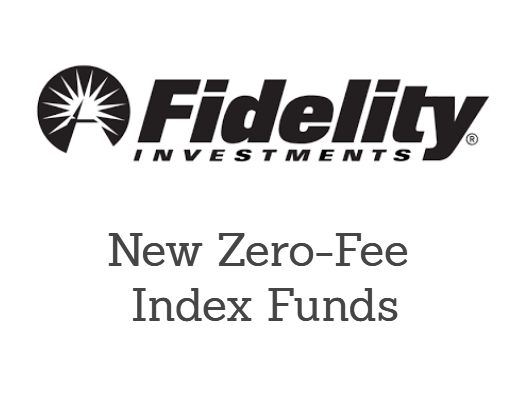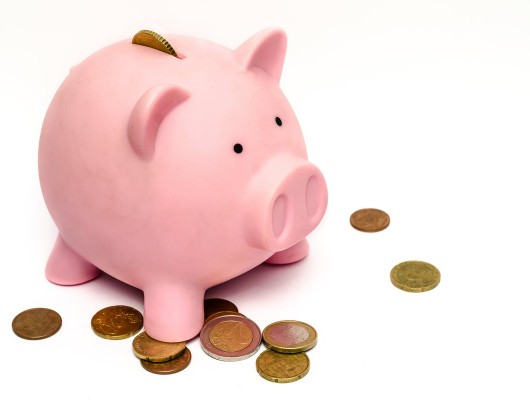We recently cautioned that it was simply too early to buy Kinder Morgan shares. The company, one of North America’s largest and most important natural gas pipeline operators, has been in freefall lately.
Shares have dropped from $40/share earlier this year to the low 20s coming into December. Over the past week, it’s gone from bad to worse, shares have plunged to 15, down another 30%.
There have been growing cries that the company would be forced to scale back on its ambitious growth plans. The company was put on watch for a credit rating downgrade following last week’s puzzling decision to buy a larger stake in a nearly insolvent pipeline operation.
As shares continued diving five or ten percent with every passing day, it was increasingly clear that the company would have to change direction to reassure the credit rating and win back the market’s trust.
On Tuesday, following the close of the day’s trading, Kinder Morgan dropped the increasingly-anticipated news. It was cutting the dividend.
However, contrary to expectations, Kinder Morgan slashed the dividend by more than 75%, far more than 33 to 50% cut many were anticipating. At the new rate, Kinder Morgan now yields a paltry 12.5 cents per quarter, or 50 cents annually. This down from the old rate that exceeded $2 per year.
For anyone that bought this stock earlier this summer, this investment has been a terrible one. However, the question for new money is a rather different one. This stock has been collapsing for so long, it surely seems it should be ready to recover at some point soon, right?
Well, yes, but also no. Shares immediately sold off sharply after the dividend cut announcement. Kinder Morgan shares fell by another dollar Tuesday evening. The stock was heavily owned by dividend seeking investors that relied on the company’s outsized yield to pay the bills.
They will undoubtedly clear out of Kinder Morgan stock, and move on to some other more promising dividend payer. This should, over time, allow for a transition away from avaricious yield-hungry investors toward a more stable institutional group of owners.
In the long run, this was precisely the right move for Kinder Morgan. They had to convince the credit agencies to not downgrade their debt. A junk debt rating for a company with $43 billion in debt that lives or dies by its access to new capital, that would have been the death blow.
Now, the dividend cut, the company has an additional $3.5 billion or so of cash that remains in the company, rather than being paid out in dividends, that will allow the company to pay down its debt or fund new growth projects with internally generated funds.
Kinder Morgan, with its promise to grow the dividend come hell or high water, had set itself on a course where it had to engage in destructive activities in order to fulfill a foolish pledge.
Now that the company is free from that misguided promise, it can go back to being a business that allocates its capital wisely.
There’s just one problem, Kinder Morgan is still, remarkably, expensive, compared with other pipeline peers. Kinder Morgan now trades at a roughly 32x PE ratio, which is rather pricey considering the alternatives.
Kinder Morgan proponents had said that earnings don’t matter, that cash generated from operations was the only thing that mattered. The basis for this claim was that since earnings include depreciation of the pipelines, it understates the real value of the company. Kinder Morgan argues that depreciation isn’t really an important expense, since its pipelines tend to last a long time and maintain their value.
However, the developments of recent weeks now suggest the market is beginning to move back toward a less permissive approach toward Kinder Morgan.
The leading North American pipeline, Enterprise Product Partners (EPD) trades at an 18 PE, 7% yield, has a stronger credit rating than Kinder Morgan, and wasn’t forced to cut its dividend. Kinder Morgan, at $14, is around a 32 PE, 4% yield, and still has a poor credit rating.
At current prices, the blue chip of the sector, Enterprise, is a much better play. If Kinder Morgan falls to $10 or below in coming weeks, at that point, we’d start considering buying shares.


